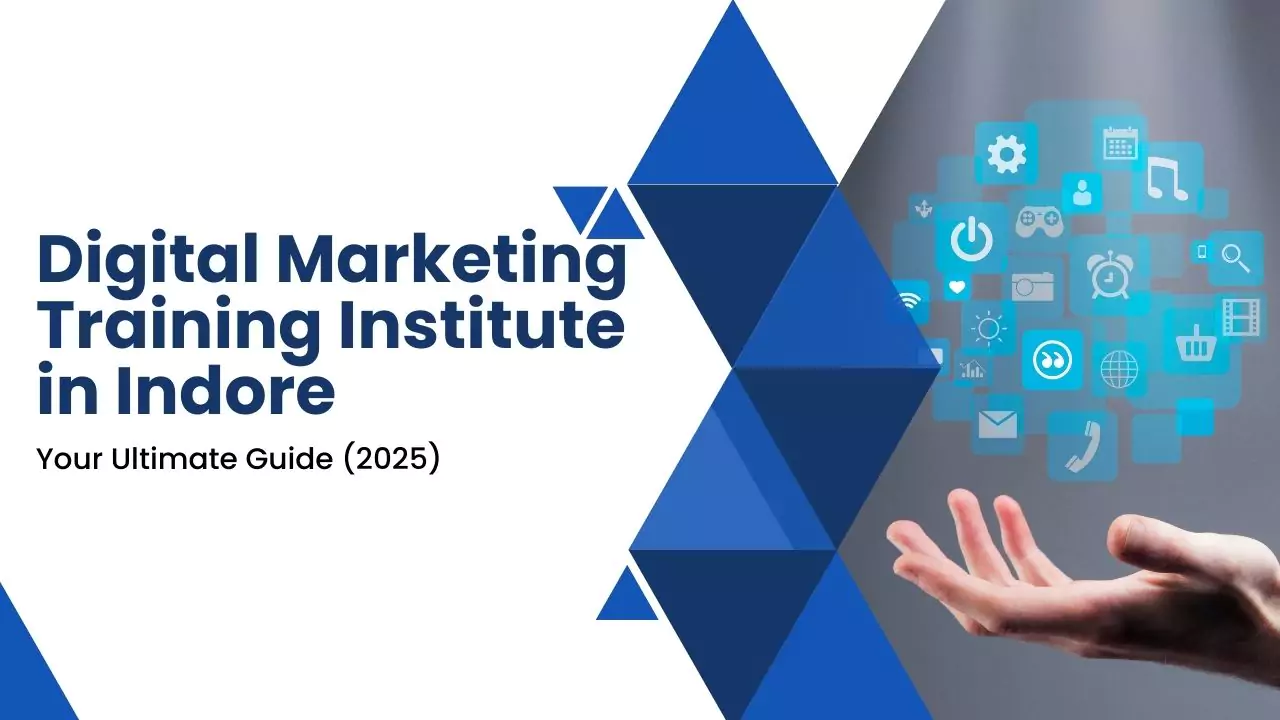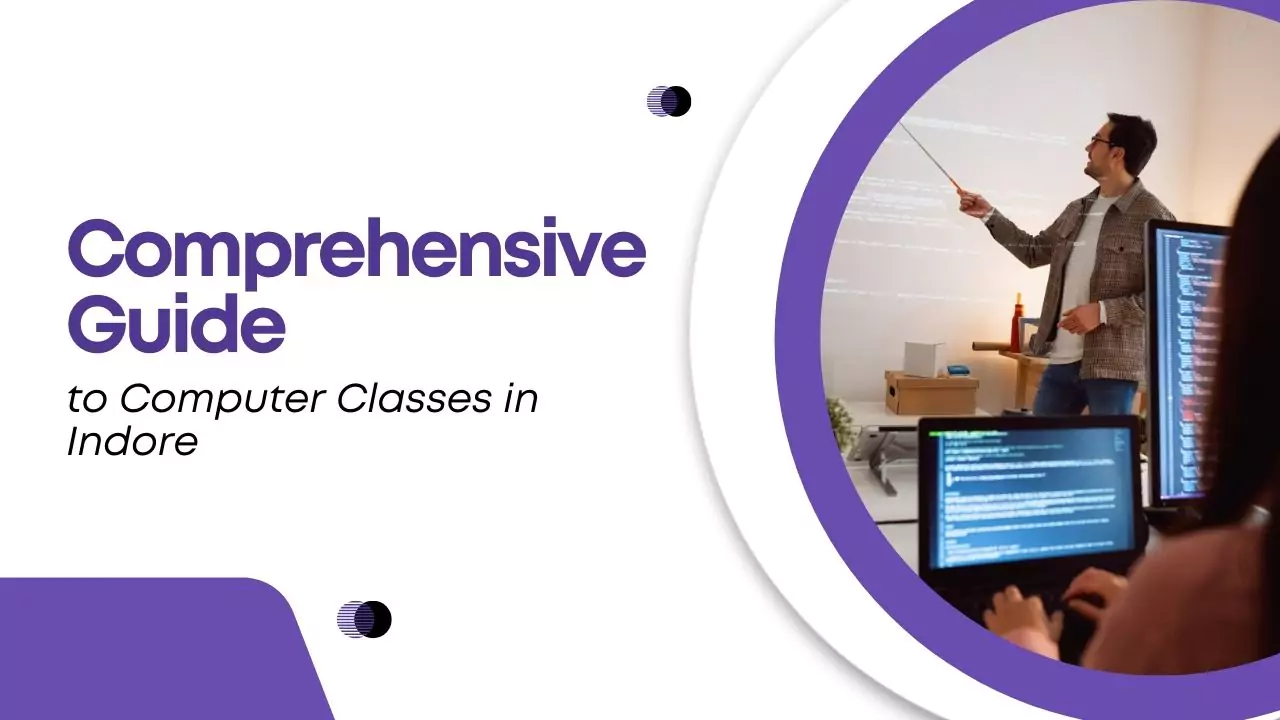In today’s digital age, web development is an indispensable skill, and .NET full stack development stands out as a powerful career path for developers. Combining both front-end and back-end expertise, a .NET full stack developer is equipped to build complex, scalable applications that meet modern business demands. This guide will walk you through the essential skills, tools, and career opportunities available in this growing field.
What is a .NET Full Stack Developer?
A .NET full stack developer is proficient in both front-end and back-end technologies, using the Microsoft .NET framework to create web applications. This role involves developing every layer of a web app—from the user interface to the server-side logic, database management, and more. Developers in this field typically work with ASP.NET Core for back-end logic, C# for programming, and a range of front-end technologies like Angular or React.
Key Responsibilities:
- Design and develop web applications using .NET technologies.
- Implement and maintain databases using SQL Server or MySQL.
- Build RESTful APIs to allow seamless data flow.
- Manage both client and server-side functions of the application.
Essential Skills for a .NET Full Stack Developer
To thrive as a .NET full stack developer, you need a diverse set of technical skills covering both front-end and back-end development.
1. Front-End Skills:
- HTML/CSS: Fundamental for structuring and styling web pages.
- JavaScript: Powers interactivity on web pages, making them dynamic.
- Frameworks: Knowledge of frameworks like Angular, React, or ASP.NET Core is essential for building modern web applications.
2. Back-End Skills:
- C#: The primary language for .NET development, used for logic and server-side functions.
- ASP.NET Core: A framework for building robust, scalable, and secure web applications.
- SQL Server: Handling data storage and retrieval efficiently is key for any full stack developer.
3. DevOps and CI/CD:
Azure DevOps and other CI/CD tools play a critical role in automating testing, deployment, and integration. Familiarity with Git for version control is also crucial.
Learning Path to Master .NET Full Stack Development
If you’re just starting out, here’s a recommended step-by-step learning path to becoming a .NET full stack developer:
1. Learn Front-End Development:
- Start with the basics: HTML, CSS, and JavaScript.
- Move on to frameworks like Angular or React to build interactive UIs
2. Master C# and ASP.NET:
- Learn the fundamentals of C#, including object-oriented programming (OOP), classes, inheritance, and more.
- Get familiar with ASP.NET Core to develop scalable server-side applications.
3. Database Management:
Learn to work with databases like SQL Server. Understand how to query, normalize, and manage large datasets efficiently.
4. Build Real Projects:
Practice is key. Build real-world projects that showcase your ability to handle both front-end and back-end tasks.
Top Tools and Frameworks for .NET Full Stack Developers
A successful .NET full stack developer needs to be proficient in a variety of tools and frameworks:
- Visual Studio: The most popular IDE for .NET development. It provides a comprehensive set of tools to speed up coding, debugging, and testing.
- Entity Framework: An object-relational mapper (ORM) that helps developers interact with databases using C# code rather than raw SQL.
- Azure: For cloud computing and deployment of web applications.
Career Path and Salary Expectations
1. Entry-Level Developer (0-2 Years of Experience):
- Salary Range: ₹3.5 to ₹6.5 lakhs per annum
- Responsibilities: At this stage, developers are focused on learning core technologies such as C#, ASP.NET Core, HTML, CSS, and JavaScript. They typically work under the guidance of senior developers and contribute to smaller projects or specific modules within larger applications.
- Skills Needed: Strong foundation in programming, object-oriented principles, and a basic understanding of both front-end and back-end development.
2. Mid-Level Developer (2-5 Years of Experience):
- Salary Range: ₹6.5 to ₹12 lakhs per annum
- Responsibilities: Mid-level developers work more independently and are responsible for full-cycle development, including design, coding, testing, and deployment. They may also start mentoring junior developers. Projects typically involve building APIs, database management (SQL Server), and working with DevOps tools like Azure or Git.
- Skills Needed: Proficiency in front-end frameworks (React, Angular), back-end development (ASP.NET Core, C#), database management, and hands-on experience with CI/CD pipelines.
3. Senior Developer (5+ Years of Experience):
- Salary Range: ₹12 to ₹22 lakhs per annum
- Responsibilities: Senior developers take on leadership roles in projects, overseeing technical architecture, coding standards, and ensuring the scalability and performance of applications. They often collaborate with clients to gather requirements and design complex software systems.
- Skills Needed: Expertise in full-stack technologies, advanced proficiency in cloud platforms like Azure, deep understanding of design patterns, testing, and database optimization.
4. Lead Developer/Technical Architect (7+ Years of Experience):
- Salary Range: ₹22 to ₹35 lakhs per annum
- Responsibilities: Lead developers or technical architects manage development teams, define architecture standards, and work on large-scale enterprise applications. They are responsible for making key technical decisions and ensuring the successful delivery of complex projects.
- Skills Needed: In-depth knowledge of microservices, cloud integration, performance optimization, and team leadership.
5. Career Progression to Managerial Roles:
- After 10+ years of experience, .NET full stack developers often move into managerial or specialized architect roles, where salaries can go beyond ₹35 lakhs annually. These roles involve strategy, client management, and oversight of large development teams.
Factors Influencing Salary:
- Location: Salaries tend to be higher in major tech hubs like Bangalore, Mumbai, and Delhi.
- Company Size: Large MNCs or product-based companies generally offer higher salaries compared to service-based companies.
- Skill Specialization: Expertise in trending technologies like cloud (Azure), DevOps, and frameworks (like React or Angular) can lead to higher compensation.
This career path in India offers rapid growth, with lucrative salaries for those who continuously upskill and take on leadership roles.
Building a Portfolio as a .NET Full Stack Developer
Your portfolio is a key to landing top jobs in the industry. Include the following types of projects:
- A dynamic web app using ASP.NET Core.
- A project demonstrating API development and database integration with SQL Server.
- Showcase your front-end skills by using React or Angular for interactive UIs.
Link your projects to GitHub to showcase your coding skills and contributions.
Conclusion: Your Roadmap to Success
Becoming a .NET full stack developer is a highly rewarding journey that opens doors to numerous career opportunities. By mastering both front-end and back-end skills, leveraging tools like Visual Studio and ASP.NET Core, and continuously building real-world projects, you can ensure long-term success in this rapidly evolving field.
Ready to start your journey? Explore our courses and resources at Futuristic Coding Academy and take your first step toward becoming a .NET full stack developer today!
People Also Ask
1. What is a .NET full stack developer?
A .NET full stack developer is a professional skilled in both front-end and back-end development, using .NET technologies such as C#, ASP.NET Core, and SQL Server to create full-scale web applications. They handle everything from UI/UX design to database management and API development.
2. What skills are required to become a .NET full stack developer?
To become a .NET full stack developer, you need proficiency in front-end languages like HTML, CSS, JavaScript, and frameworks like Angular or React, as well as back-end skills in C#, ASP.NET Core, and database management using SQL Server or MySQL. Familiarity with DevOps, version control, and CI/CD tools is also important.
3. How long does it take to learn .NET full stack development?
The time to learn .NET full stack development depends on your current skill level. For beginners, it can take 6 months to a year of consistent learning, including mastering C#, ASP.NET Core, front-end technologies, and database management. Hands-on projects and real-world experience are essential for solidifying skills.
4. What is the average salary of a .NET full stack developer?
The average salary of a .NET full stack developer varies based on experience and location. Entry-level developers can expect $66,000 to $92,000 per year, while mid-level developers earn between $132,000 and $184,000 annually. Senior developers with over 5 years of experience can earn up to $264,000 per year.
5. Is .NET full stack development a good career choice?
Yes, .NET full stack development is a great career choice, offering high demand across industries like finance, healthcare, and tech. With proficiency in both front-end and back-end development, .NET full stack developers are versatile and able to work on a wide range of projects, from web apps to enterprise-level applications.






